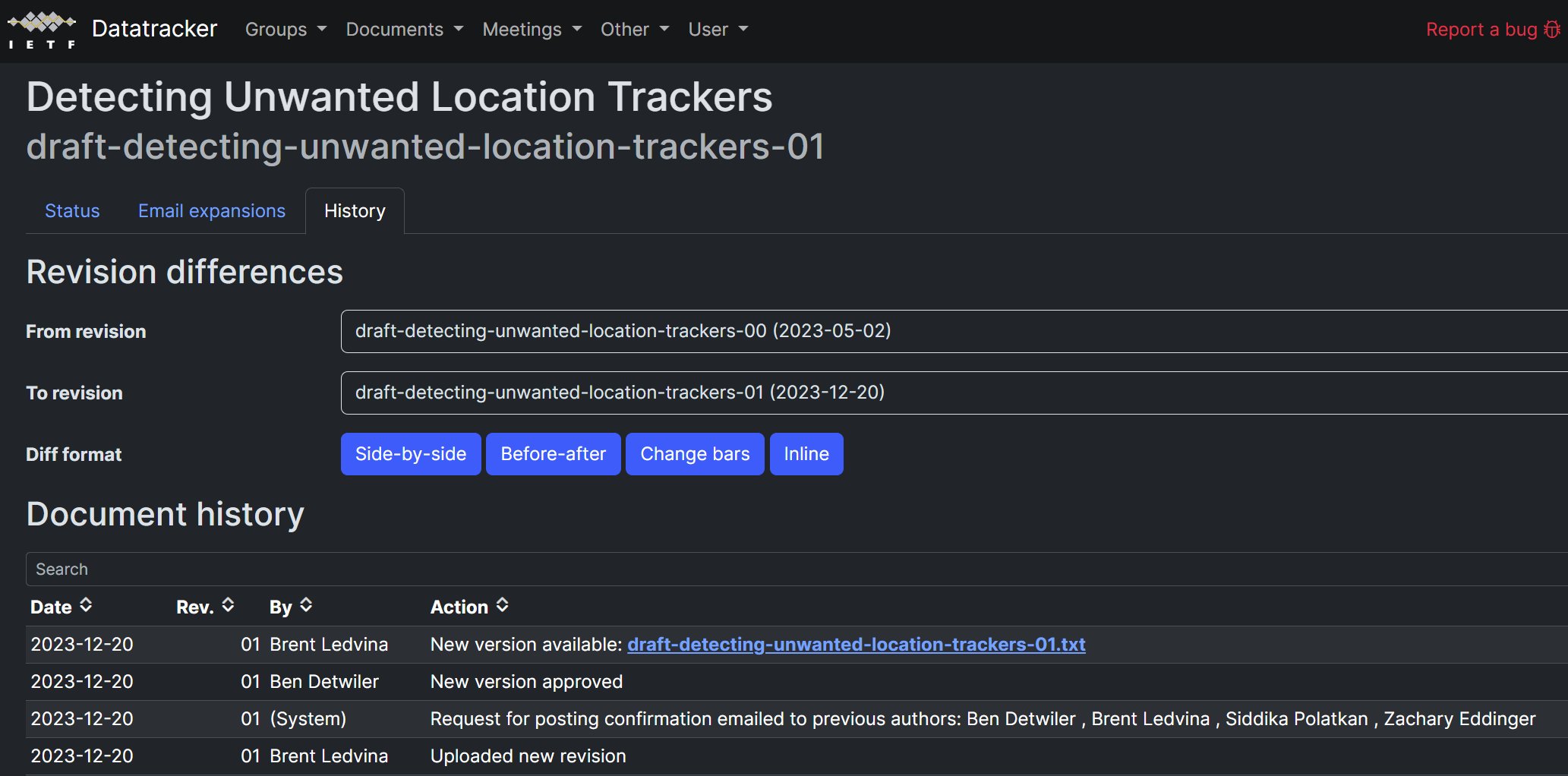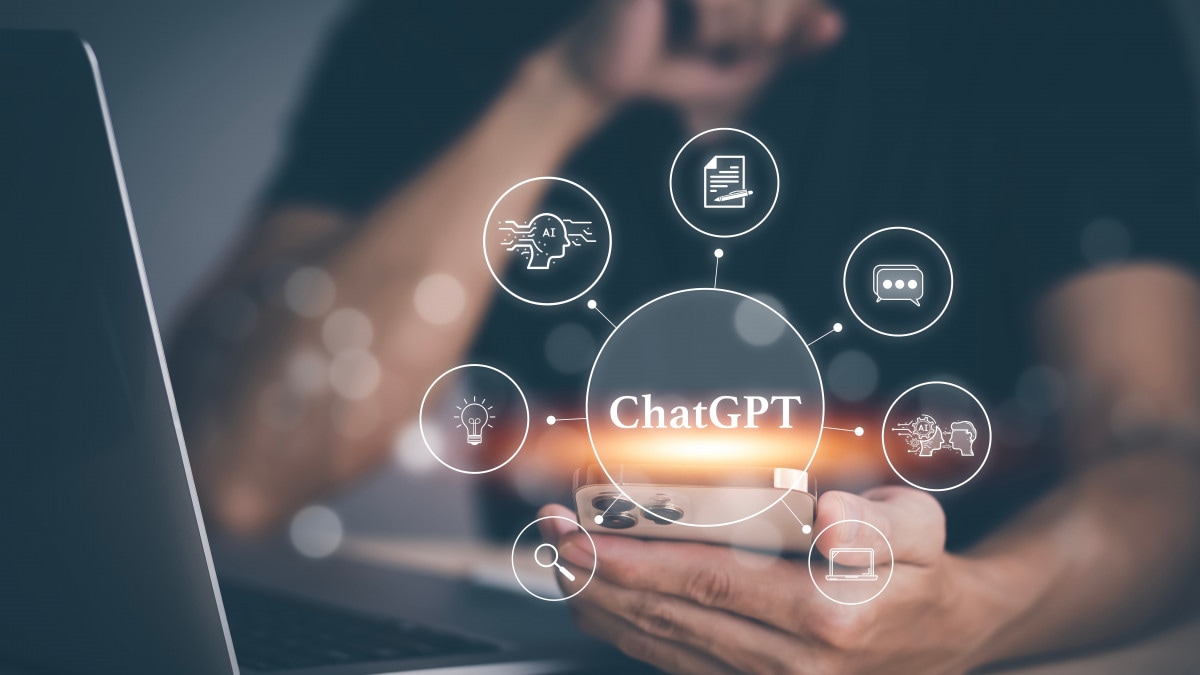The launch of AirTag Apple has significantly increased the popularity of Bluetooth trackers, but it has also uncovered less desirable usage scenarios: While products of this type were designed to help users protect their belongings – or even pets – criminals have begun to use them as stalking exploit devices by inserting them into bags or vehicles without victims’ knowledge. Alarm bells have been ringing for some time now among the giants of this world Technology Google and Apple have joined forces for creating one Unique industry standard against unknown trackerswhich could now be about to start.
Those of you who have followed the previous episodes of this important and delicate story will most likely remember that the Cupertino giant had already adopted some proprietary countermeasures – specifically designed to counteract the use of AirTags in stalking – early last year. However, the nature of these countermeasures made them difficult to reproduce in the Android context and in relation to third-party Bluetooth trackers (this is the case of Tile, which had gone out on its own). The turning point came at Google I/O 2023: the host announced it ongoing collaboration with Apple with the aim of creating a single standard used on both iOS and Android and therefore applicable to all trackers in circulation, regardless of brand.
The technology in question must be designed to enable the detection of unwanted trackers through integrated tools, without the need to download ad hoc applications. Among the tracker manufacturers that have already joined the initiative we can remember: Samsung, Tile, Chipolo, eufy Security, Pebblebee.
Since the announcement with much fanfare, the situation has progressed more slowly. It was Google that stepped on the accelerator: the improvement to Find my Device announced at Google I/O 2023 was followed by the introduction of Find my Device on Android warns when unknown trackers are detected. But even in this case we are only talking about a partial solution to the problem. However, the long-awaited developments could now be just around the corner: Mishaal Rahman discovered the first version of the specific specification “Detecting unwanted location trackers” in the databaseIETF (Internet Technology Working Group).
This is exactly the final piece that Apple has been waiting for as it prepares to launch its own version of this very important feature. With the year almost over, it’s very likely that iOS’ unknown tracker detection and Android’s more advanced Find My Device network are yet to see the light of day in 2024. The hope is that we don’t have to wait much longer.
You might be interested: Samsung Galaxy Smart Tag2 review
Finally, we would like to remind you that you can also follow us on to stay up to date with all the news our official WhatsApp channel.



